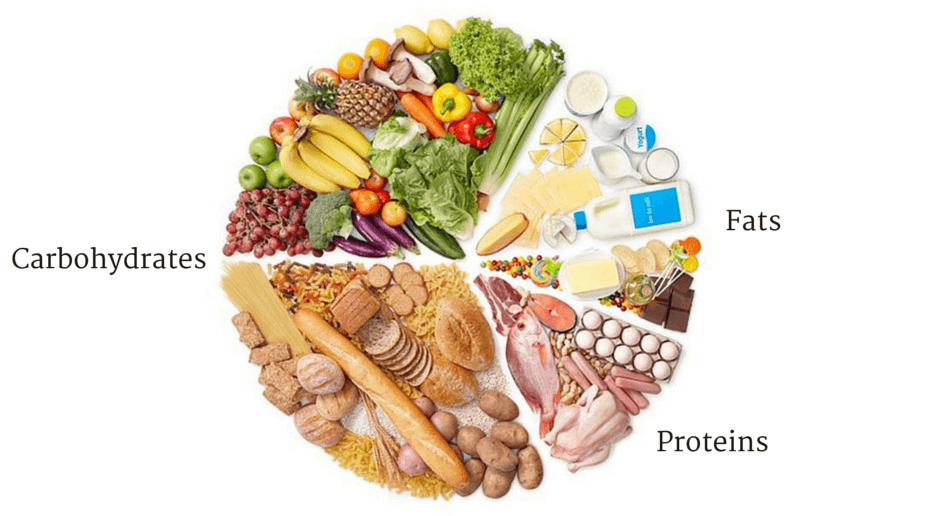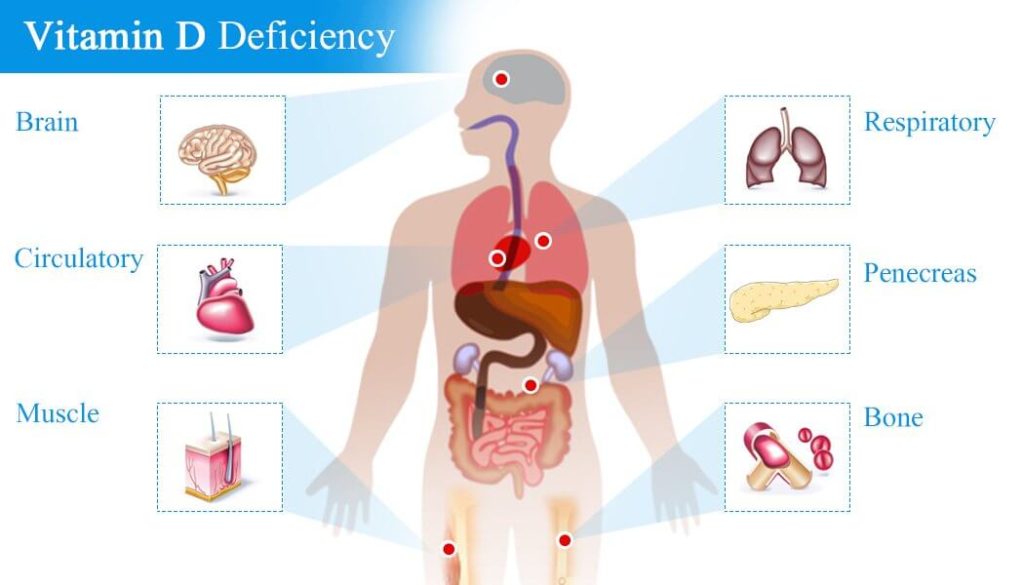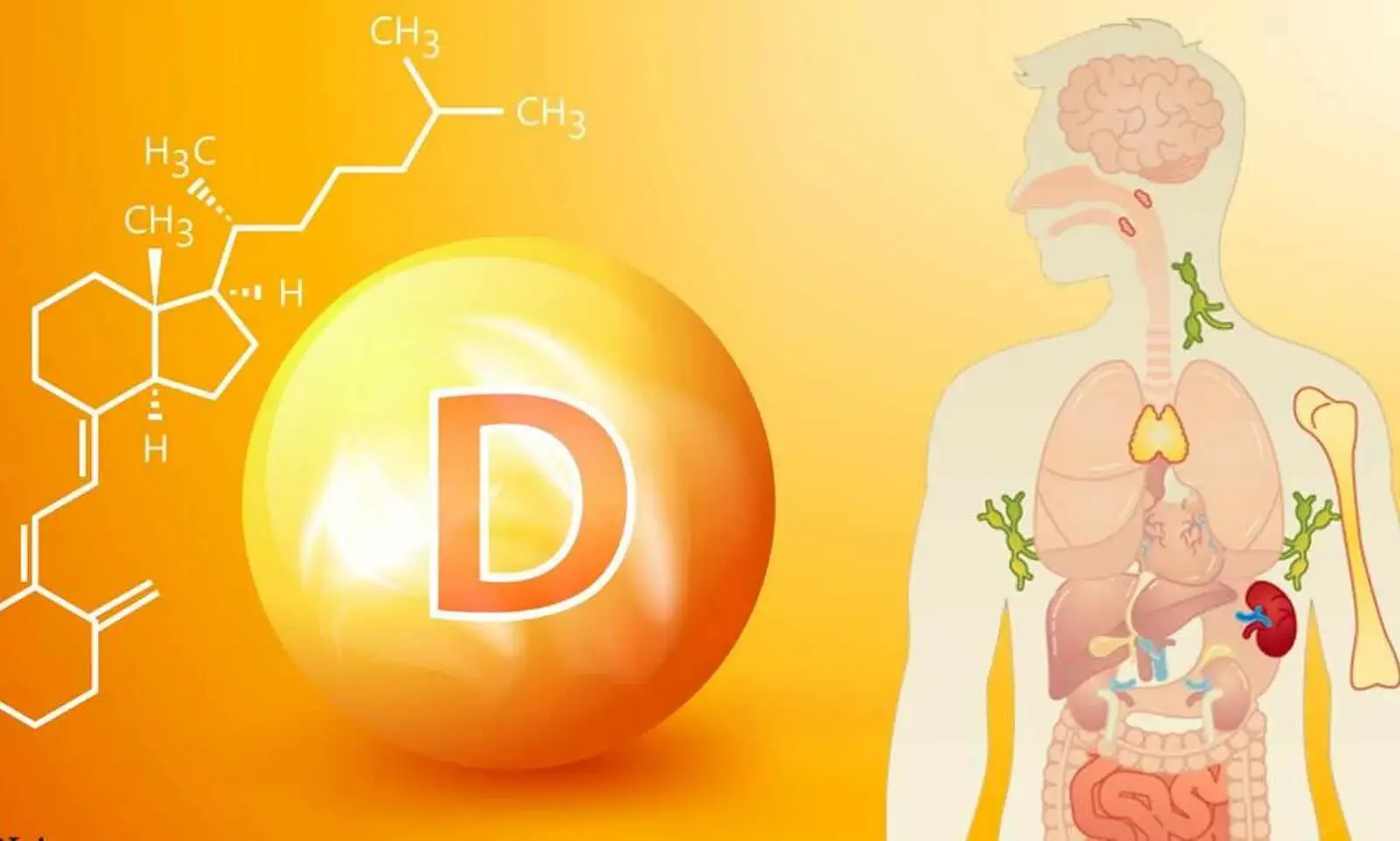The Role of Vitamin D
When it comes to the health of your body, it’s important to know the role of Vitamin D. This vitamin plays a significant role in the functions of your body and immune system. It also serves as a vital antioxidant, which helps to protect your body against damage caused by free radicals. If you’re not getting the proper amount of this vitamin, your body will not be as healthy as it could be.
Table of contents
The Functions of Vitamin D in the Body
Vitamin D is a nutrient that helps your body form strong bones. It also aids in calcium absorption and regulates many cellular functions. Your skin makes vitamin D when exposed to sunlight. You can get it in fortified foods and supplements. However, more research is needed to determine how much you need to maintain an adequate level of this nutrient.
One of the role of Vitamin D is immune function. Some people with low levels of vitamin D are susceptible to autoimmune disorders. Other studies have linked vitamin D with depression.

Vitamin D deficiency has been linked to rickets, a disease characterized by a failure of bone tissue to mineralize. Rickets is a serious condition that causes skeletal abnormalities and may lead to hypocalcemic seizures. In severe cases, it can affect growth and development.
For a healthy body, you need a good diet and regular exercise. To get enough of the vitamin, you can eat fatty fish and fortify your food. But the best way to get your Vitamin D is to spend time outdoors.
Vitamin D deficiency has also been linked to obesity. People who have deficient levels are more likely to develop complications associated with being heavier person. A higher level of Vitamin D may also help prevent certain types of cancer.
The Symptoms of Deficiency
Vitamin D deficiency is a medical condition that occurs when there is not enough of the vitamin in your body. This can be caused by a variety of factors. Some common causes are poor vitamin D absorption, a lack of sunlight, and old age.
If you think you may have a vitamin D deficiency, you can have a blood test. However, you will also need to eat a variety of foods that contain vitamin D. Depending on the severity of the deficiency, your doctor might suggest that you take a supplement.

Symptoms of vitamin D deficiency include weakness, fatigue, and muscle pain. Your doctor may want to conduct an X-ray to check the strength of your bones. People who are deficient may also have back pain. These symptoms will limit your daily activities.
There are many ways to get vitamin D, including by eating fatty fish like salmon or mackerel. You can also find vitamin D in foods that are fortified.
Getting enough exposure to the sun is important, but some people have a hard time doing this. The sun’s rays produce most of the vitamin D that you need. Therefore, you may need to increase your exposure to the sun. Many experts recommend a minimum of 5 to 15 minutes of direct sunlight on your face and arms each day.
Vitamin D and Immune Health
Various lifestyle factors, including vitamin D intake, can influence the function and health of the immune system. There is increasing interest in how vitamin D may be able to support immune health.
Vitamin D is essential to your health. It has been shown to play a key role in supporting your innate and adaptive immune systems.
Vitamin D can help your body respond to various infections and can aid in maintaining your bone and teeth health. Several studies have also reported that low vitamin D levels may be associated with a range of conditions.

As a result, many people are taking vitamin D supplements. Some researchers say that this can improve immune health and reduce the risk of respiratory infection.
Role of Vitamin D in helping your body produce white blood cells, which are crucial for preventing illnesses. A deficiency in this essential nutrient can lead to autoimmune diseases. In addition, supplementation can reduce the chance of developing acute respiratory infections.
The role of Vitamin D include increased oxidative burst potential of macrophages, which may help to fight bacterial and viral infections. It can also enhance production of antimicrobial peptides in the neutrophils, which can help to protect your body against infection.
Foods Containing Vitamin D
A vital nutrient, vitamin D is necessary to sustaining our general health and wellbeing. It supports the function of our immune system and aids in our bodies’ ability to absorb calcium, which is important for healthy bones and teeth. While sun exposure can provide some vitamin D, it’s also crucial to receive enough through nutrition.
| Food | Serving Size | Vitamin D Content |
| Salmon | 3 oz | 447 IU |
| Tuna | 3 oz | 154 IU |
| Mackerel | 3 oz | 360 IU |
| Egg yolk | 1 large | 44 IU |
| Shiitake mushrooms, cooked | 1 cup | 40 IU |
| Fortified milk | 1 cup | 120 IU |
| Fortified orange juice | 1 cup | 137 IU |
| Fortified cereal | 1 cup | 40 IU |
Fatty Fish

Fatty fish is one of the best food sources of vitamin D. This nutrient is abundant in salmon, tuna, and mackerel, with just one 3-ounce serving providing up to 90% of the daily required requirement (RDI). Omega-3 fatty acids, which are abundant in these fish, have anti-inflammatory and heart-healthy properties.
Egg Yolks

Another great source of vitamin D is egg yolks. In actuality, 6% of the RDI is found in one huge egg. While egg whites are low in calories and high in protein, it’s crucial to eat the yolk as well to benefit from this nutrient.
Mushrooms

One of the few sources of vitamin D found in plants are specific varieties of mushrooms. Particularly rich in this vitamin are mushrooms that have been exposed to ultraviolet (UV) radiation. Shiitake, portobello, and white button mushrooms are a few types to seek for. Up to 40% of the RDI can be met with just one cup of sautéed mushrooms.
Fortified Foods

Several foods have vitamin D added during the manufacturing process, which is known as fortification. Dairy items like milk and yogurt, as well as particular cereals and orange juice brands, are a few typical examples. To find out if a food has been fortified and how much vitamin D it contains, make sure to read the nutrition label.
Final Thought
Our health depends on getting enough vitamin D, and fortunately, there are many of delectable and nutritious foods that can help us achieve our daily requirements. Including these foods in your diet, whether you choose fatty fish, eggs, mushrooms, or fortified meals, will help you make sure you’re getting enough of this crucial nutrient. Always get advice from a medical expert if you have any questions regarding your dietary requirements.
You can click here for more detailed scientific data about vitamin D. More News?
FAQ
Vitamin D helps our bodies absorb calcium and phosphorus, keeping bones and teeth healthy. It controls our immune system, promotes cell proliferation, and reduces inflammation.
Fatty fish like salmon, tuna, and mackerel, egg yolks, UV-exposed mushrooms, and fortified milk, cereal, and orange juice are high in vitamin D.
Vitamin D insufficiency causes fatigue, muscle weakness, bone discomfort, emotional disorders, and decreased immunity. Yet, many vitamin D deficient people have no symptoms.
Inadequate vitamin D levels can lead to osteoporosis, weaker bones and muscles, some malignancies, autoimmune illnesses, and infections.
Age, gender, and health status affect vitamin D recommendations. However, most people can safely take 400 to 800 IU daily to meet their needs. If you have a medical problem or take medication, see a doctor before starting a new supplement program.





